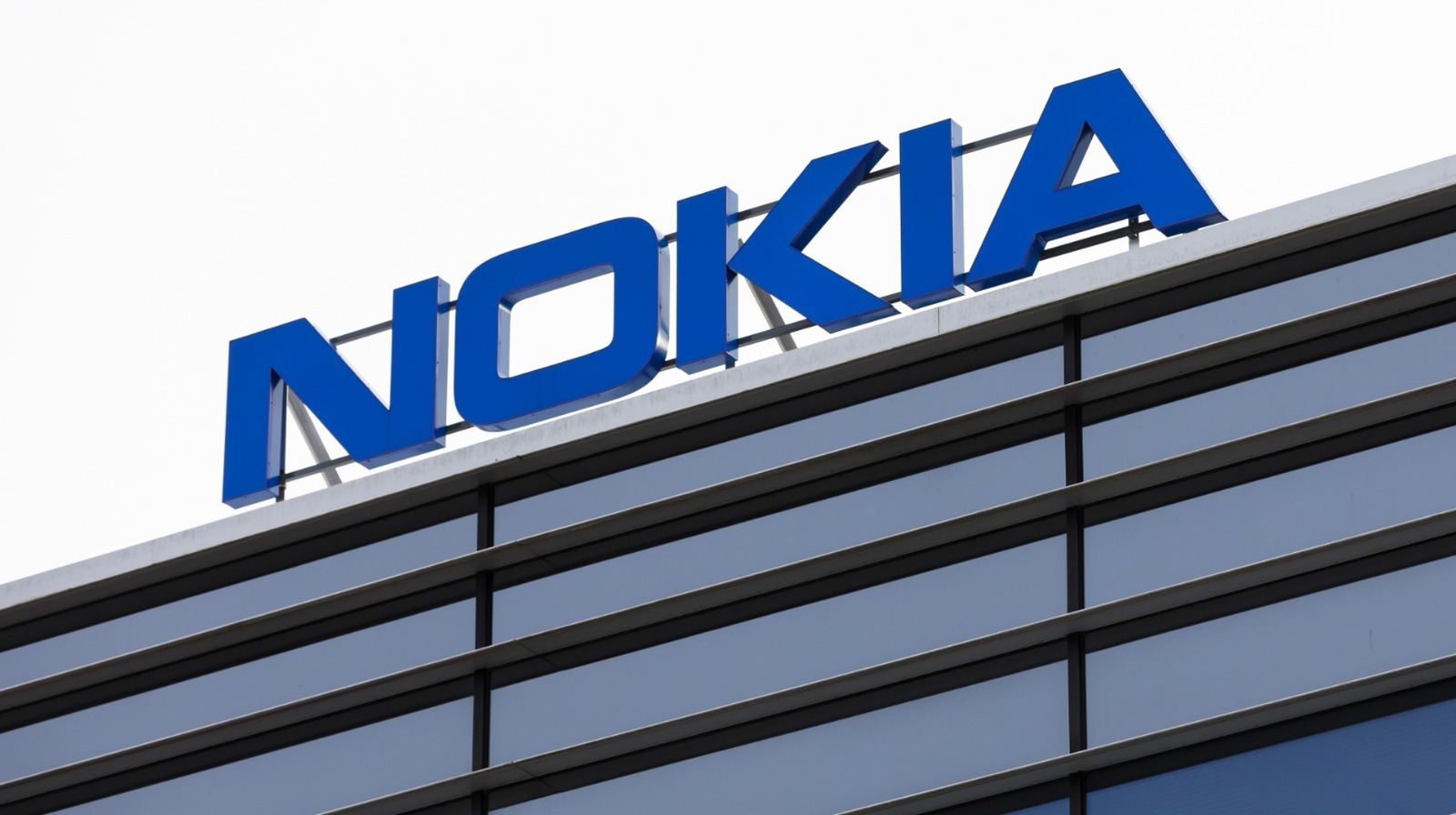adverts
Nokia is exploring strategic options for its mobile network business, including potential sales or mergers, as the telecommunications equipment sector faces increasing challenges.
Among the interested parties is Samsung Electronics, according to insiders familiar with the discussions.
The Finnish company has been consulting with advisors to evaluate various scenarios for its mobile networks division, which has struggled to compete with larger players like Huawei Technologies. Possible options include selling part or all of the unit, spinning it off, or merging with a competitor.
adverts
These deliberations are still in the early stages, and there is no guarantee that Nokia will proceed with any transactions. Sources indicate that the entire unit could be valued at approximately $10 billion.
Samsung has reportedly shown preliminary interest in acquiring specific assets to enhance its capabilities in radio access networks, which connect mobile phones to telecom infrastructure. Other rivals may also express interest in Nokia’s assets.
Nokia’s shares have risen 24% this year in Helsinki trading, resulting in a market value of around $23.5 billion. CEO Pekka Lundmark has been working to revitalise the company since taking over four years ago.
Although initial 5G rollouts were strong, demand from telecom operators has waned, prompting Nokia to seek new revenue streams less dependent on network buildouts.
A spokesperson for Samsung declined to comment on the matter. Nokia’s spokesperson affirmed the company’s commitment to its mobile network business, describing it as “highly strategic.” The spokesperson highlighted the division’s progress in reducing costs, maintaining its product roadmap, and securing new contracts.
Nokia’s mobile networks division, which supplies base stations, radio technology, and servers to wireless operators worldwide, accounted for about 44% of the company’s total revenue last year, making it Nokia’s largest segment. However, delays in network upgrades, particularly in Europe, have impacted the business’s performance.
Once the global leader in mobile phones, Nokia shifted its focus to telecommunications equipment after losing market share to Apple and Samsung. The company now specialises in providing infrastructure for communications networks, including gear for mobile devices.
With concerns mounting in Western countries over Huawei’s dominance in the telecom equipment sector and potential security risks, there is a growing push for stronger competition. A merger of Nokia’s mobile network business with another company could create a more formidable competitor against Huawei.
Samsung, while well-known for its smartphones and memory chips, has struggled to achieve the scale necessary to compete with Huawei and Ericsson in the communications equipment market.
Nokia faced a significant setback last year when U.S. telecom giant AT&T chose Sweden’s Ericsson over Nokia for a $14 billion contract to supply mobile Open RAN equipment. Since then, Nokia has been diversifying its customer base and exploring new areas of growth.
In a July interview with CNBC, CEO Pekka Lundmark emphasised Nokia’s unique position: “We are the only company in the world outside of China that is able to deliver all key parts of the network infrastructure that are needed: the core network software, transport network, all the optical connections, and then both fixed broadband and mobile access networks.”
Nokia’s fixed networks division, which supplies equipment for fibre-optic and cable technologies, is experiencing growth. In June, Nokia agreed to acquire US-based Infinera for $2.3 billion, positioning itself to capitalise on the artificial intelligence boom.


